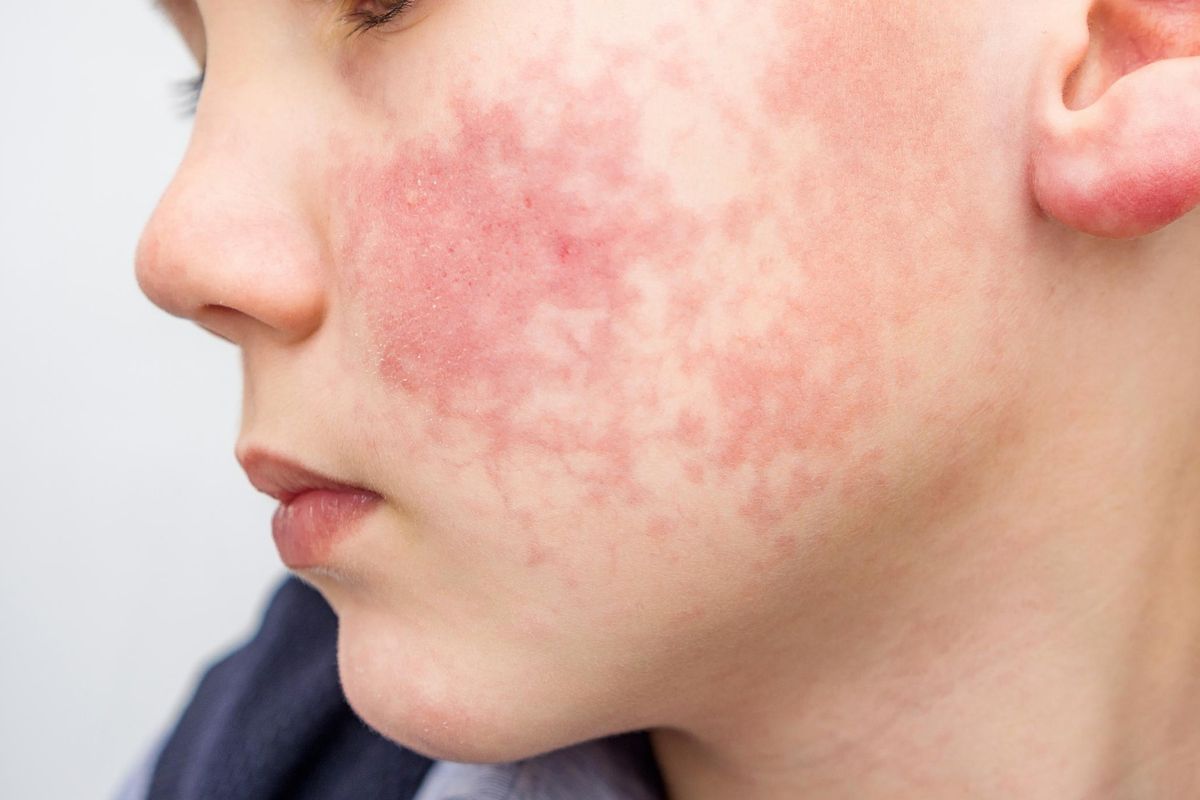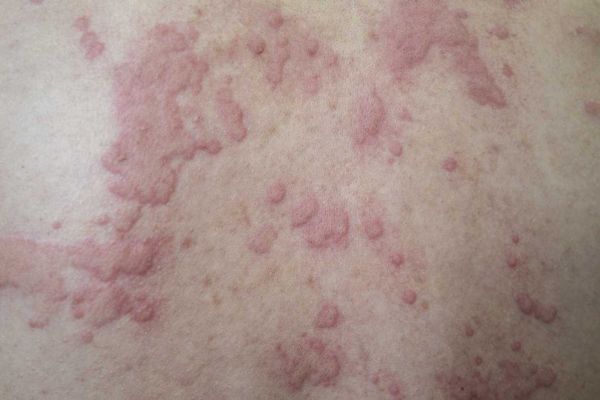Maybe your child has a birthmark, a wart or eczema. The pediatrician you adore has treated it, but now you think it's time to see a specialist. Or maybe your pediatrician suggested it because the condition is beyond her area of expertise.
So where do you go? You may want to schedule an appointment with a pediatric dermatologist, a doctor who treats a variety of pediatric skin conditions in children from birth through adolescence. Children experience many of the same skin issues as adults, but certain conditions are more common in younger ones.
Pediatric dermatologists are trained to consider kids' special needs and help them feel comfortable as they examine and treat them. Their waiting and exam rooms and medical equipment are kid friendly, featuring televisions, toys, books and more.
And because kids can't always answer medical questions or say what's bothering them during an exam, a pediatric dermatologist is trained to help figure out what's going on. She can teach parents about treatment options. And, with children who are old enough, she can instruct them on how to deal with the condition.
When to see a pediatric dermatologist
According to the American Academy of Pediatrics, pediatric dermatologists offer services like:
- Diagnosis of skin conditions such as ringworm, hair loss, bacterial and viral skin infections, fungus, moles, rashes, acne, eczema, psoriasis, hives, warts, growths, birthmarks and congenital skin disorders
- Prescriptions to treat skin conditions
- Surgical treatment of skin conditions like warts or cysts
- Skin biopsies
You especially want to see a pediatric dermatologist if:
- Your child was born with a skin abnormality like a birthmark or wart. A specialist can make sure it doesn't get infected, cancerous or harmful.
- Your pediatrician doesn't know what to do about a lump, rash or acne outbreak. Yes, she may have diagnosed the issue and prescribed medication. But if the problem recurs or the treatment isn't working, a pediatric dermatologist can ensure that the condition gets treated correctly.
- Your child has a recurring or serious skin problem. It's serious if it changes rapidly in size, color, shape or texture. It's also serious if it keeps returning, is itchy or could come from an allergic reaction.
Where to find one
Your pediatrician or insurance provider can refer you to a pediatric dermatologist. They work in various medical settings including university medical centers, children's hospitals and large community hospitals.







